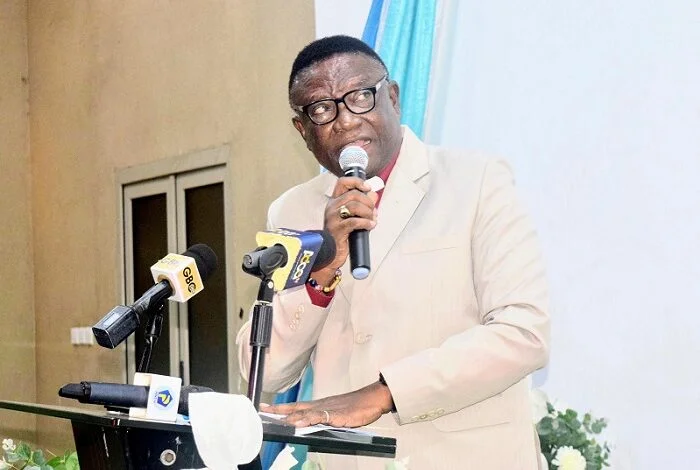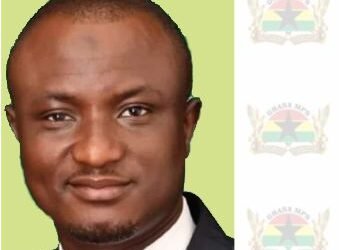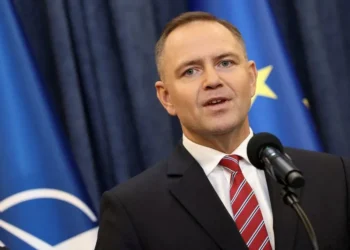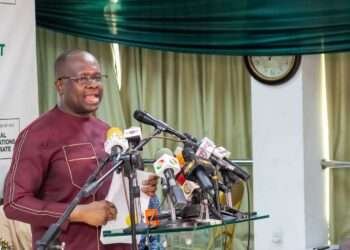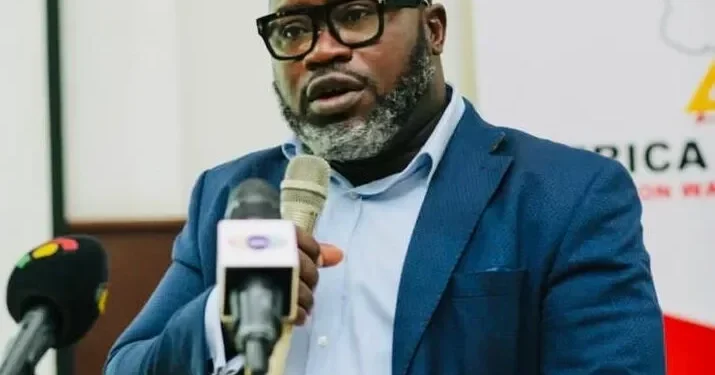The former Chairperson of the National Peace Council, Most Reverend Professor Emmanuel Asante has condemned the growing politicization of issues in the country which often fuels tensions and hinder peacebuilding effort across the country.
He made these remarks at an event organized by the National Peace Council to promote peace between the Kusaasi and Mamprusi factions residing in the Ashanti Region.
Prof. Emmanuel Asante noted that in times of conflict, women and children are often the ones who suffer from the damage and instability that follows. According to him, women bear some of the heaviest burdens of war and therefore must be actively included in peacebuilding
He underscored the crucial role of women in resolving the Bawku conflict, adding that their involvement is key to building lasting peace in the area.
“When husbands are killed, they take responsibility for their homes and their children, and it becomes very difficult for them, so we thought it wise to engage women. What we are doing here is only the beginning, it is also my wish that as we have started here, we will be able to grow – women will be able to really come together and demonstrate publicly the unity that they have”
Most Rev. Prof. Emmanuel Asante, Former Chairperson National Peace Council
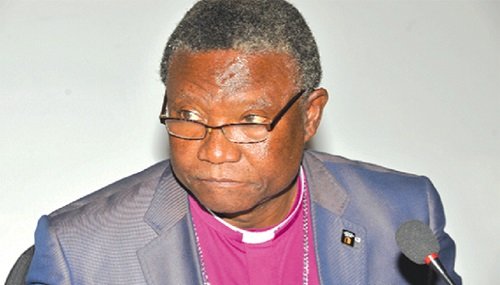
Women – Bonds That Cuts Across Ethnopolitics
Prof. Asante stated that the women continuously demonstrate the family ties that connect the people of Bawku, stressing that those bonds cut across ethnic lines and political affiliations, relationships specifically through intermarriages are a strong reminder that the group in the conflicts shares more in common than they realize.
“They kept saying, we belong to one another. My own mother is Kusaasi, my father is from another group and there are many intermarriages. Even some of our politicians – like Ayariga and others are part of some family ties through intermarriages”
Most Rev. Prof. Emmanuel Asante, Former Chairperson National Peace Council
For him, women have an essential role to play in promoting peace and unity, especially in areas affected by the conflict. He explained that bringing women together in Kumasi was not just a symbolic act but a deliberate attempt to show that peace can be built through inclusion and collaborative efforts.
According to him, “if the women will come together, even here in Kumasi and demonstrate and show that oneness, it will make a real impact.”
He further pointed out that the diversity of women who attended the program underscores the spirit of national unity, adding that some participants had travelled from far areas to be part of the initiative. This will “do a lot for the Bawku Peace Initiative,” he said.
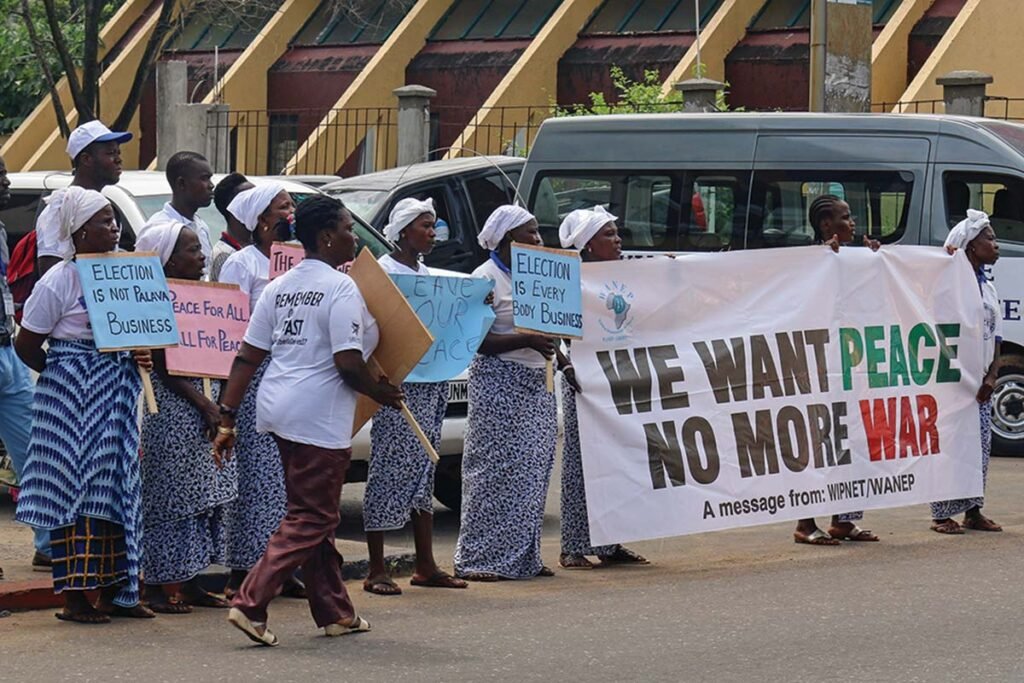
National Peacebuilding
Prof. Asante expressed confidence that women’s involvement in the ongoing peacebuilding process would inspire others across the country to take similar action.
He emphasized that the unity and commitment shown in Kumasi should be one to emulate and extend it beyond to encourage women in other regions to take up leading roles to foster harmony. The former Chairperson noted that such consistent efforts could transform local peace initiative into national unity.
“Other women in different regions will also take a cue from what they are doing and follow, this is crucial and praying that it will not just be a day’s wonder – that the zeal with which they have spoken and the commitments they have made will be able to push further”
Most Rev. Prof. Emmanuel Asante, Former Chairperson National Peace Council
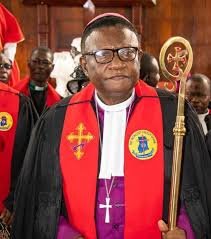
He concluded by urging all stakeholders to keep supporting efforts that promote harmony and understanding among the people of Bawku. He said, “we want to see that unity, oneness, public demonstration of togetherness so that it will stretch and touch the different regions and bring peace to Bawku; Bawku’s peace is the peace of Ghana.”
The event, part of ongoing efforts by the National Peace Council to consolidate peace in Bawku and its surrounding communities, reaffirmed the Council’s commitment to inclusive dialogue and grassroots engagement. By prioritizing women’s participation, the Council hopes to nurture a more resilient and unified approach to peacebuilding—one rooted in empathy, collaboration, and shared humanity.
READ ALSO: IGP Strengthens Ghana-US Security Ties at FBI New York Office



